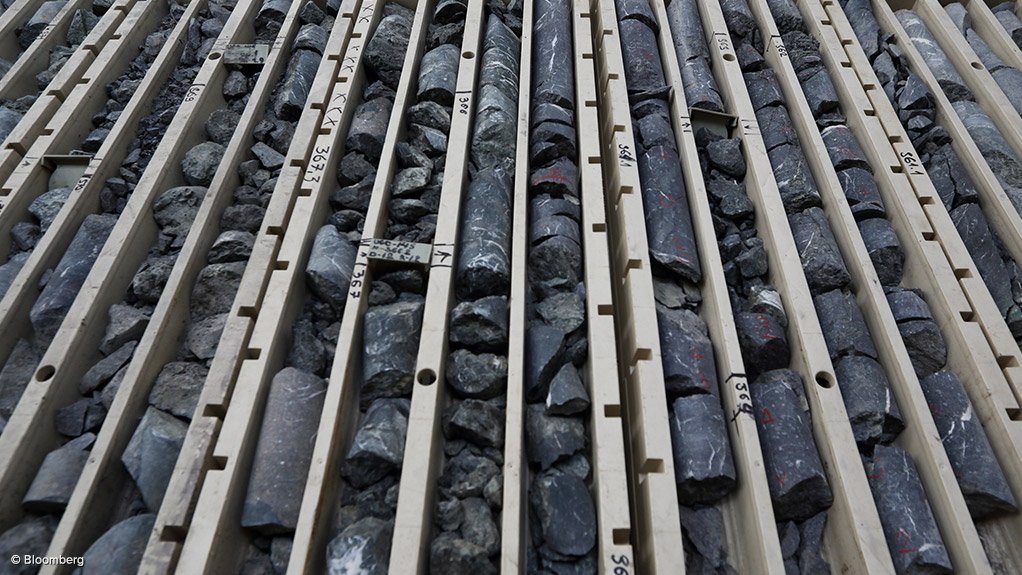PERTH (miningweekly.com) – Despite the expected 30% increase in resource and energy export earnings forecast by the Department of Industry, Innovation and Science, Australia’s exploration expenditure has continued to contract, although the pace of decline has slowed.
In its 'Resource and Energy Quarterly' report, the government noted that the pace of decline in mineral exploration expenditure, which has declined by about 10% year-on-year since late 2012, has slowed considerably in recent quarters.
Mineral exploration fell by 3.7% in the September quarter of 2016, to A$380-million, while petroleum exploration expenditure declined by 39% year-on-year, to A$355-million.
The Association of Mining and Exploration Companies (AMEC) has pointed out that the main cause for the decline in exploration spend was a 34% year-on-year fall in coal exploration.
Minerals exploration expenditure increased in Western Australia, New South Wales and Victoria, while expenditure declined in the Northern Territory, Queensland, Tasmania and South Australia.
AMEC CEO Simon Bennison pointed out on Wednesday that Western Australia’s exploration spend had increased by 6.7% year-on-year to $249-million, New South Wales increased by 8.5% to A$32-million and Victoria’s exploration expenditure increased by 23% to A$7.9-million in the September quarter 2016.
Exploration continued to shrink in the Northern Territory, down 34% to A$22-million, Queensland down 28% to A$55-million, Tasmania down 18% to A$3.2-million and South Australia down 5.5% to A$10-million.
Gold exploration expenditure increased by 19% year-on-year, to A$159-million, while copper exploration expenditure increased by 15% to A$35-million.
“The Resource and Energy Quarterly clearly shows that exploration is beginning to grow in certain parts of the country and in certain commodity groups.
“The investment made in co-funded drilling schemes by governments has helped reduce the cost of drilling, and makes it easier for companies exploring remote Australia to decide to drill and discover the mines of tomorrow,” Bennison said.
He noted that each new mine created thousands of jobs and generated significant economic and social dividends for the nation and local communities.
“The mines of tomorrow have to be discovered to replace the existing producing mines.”
Edited by: Mariaan Webb
Creamer Media Senior Deputy Editor Online
EMAIL THIS ARTICLE SAVE THIS ARTICLE
ARTICLE ENQUIRY
To subscribe email subscriptions@creamermedia.co.za or click here
To advertise email advertising@creamermedia.co.za or click here













